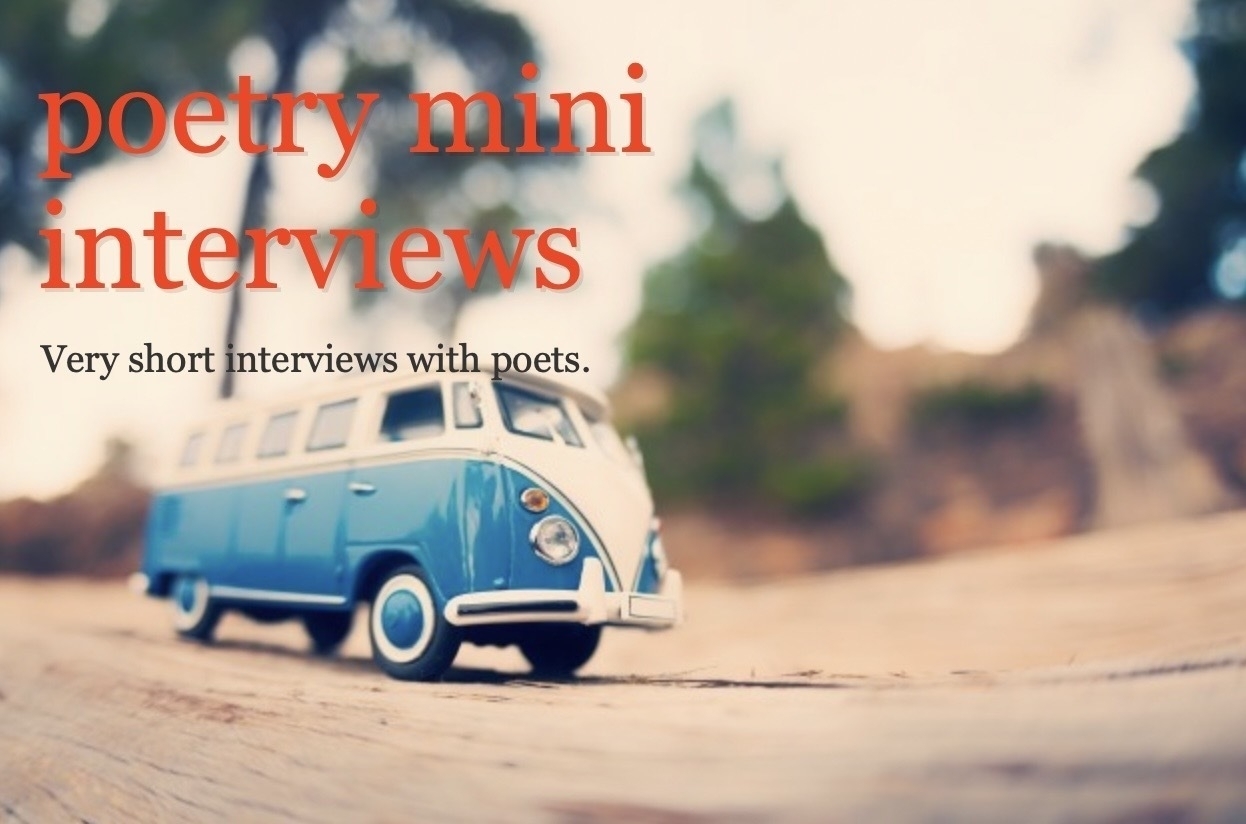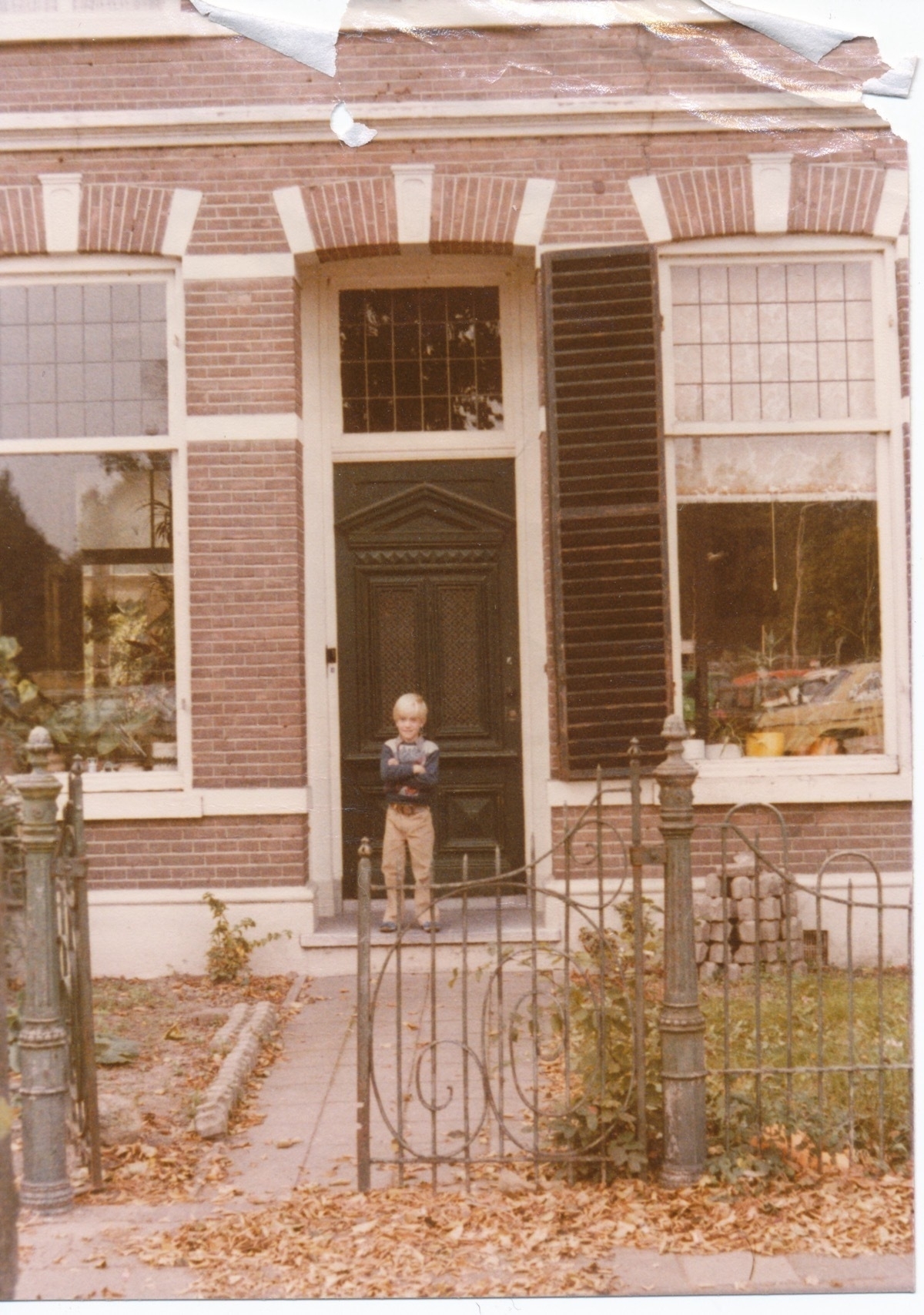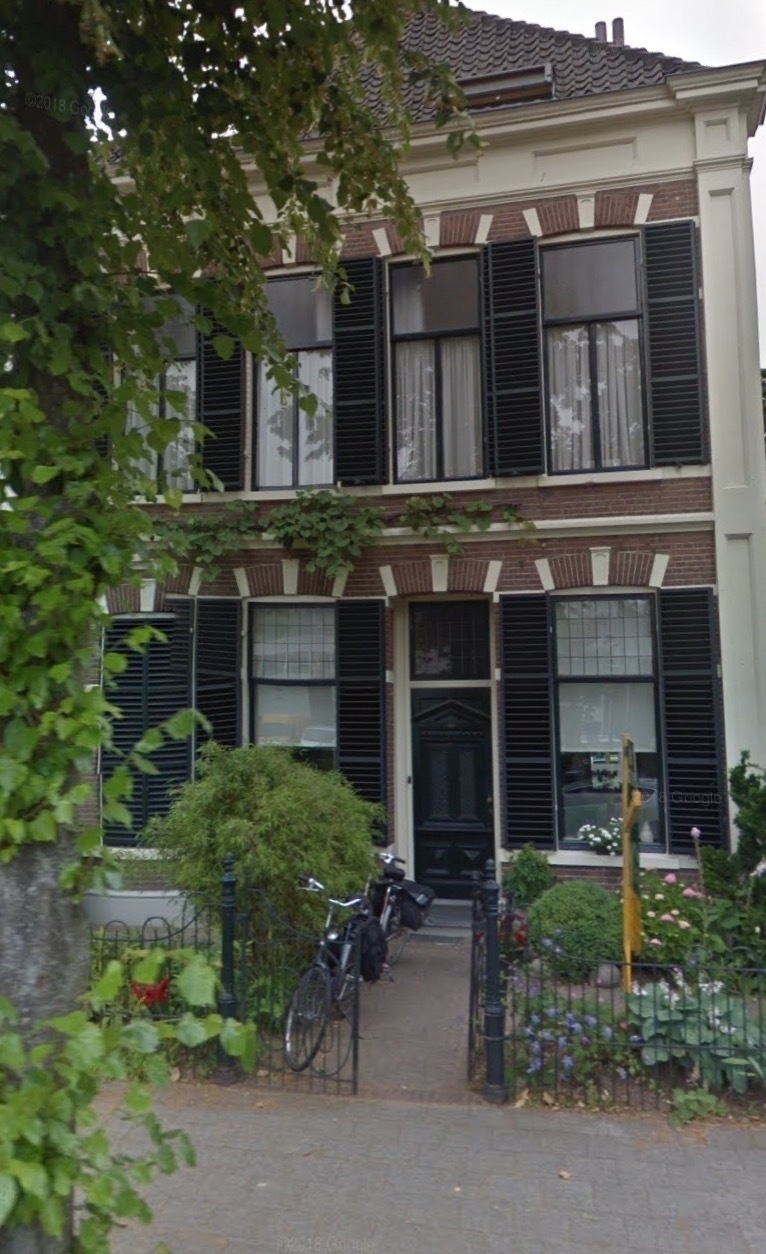1: Never rebroadcast since its original airing, it’s the genre-defying pilot, in which people say the word “accomplish” so many times it stops holding any meaning whatsoever.
4: In this week’s musical episode, Hal Holbrook, fresh off his Tony award-winning run as the Mysterious Stranger, joins the cast to sing about adjectives. (Originally performed and broadcast live!)
2: In this exciting episode, groundbreaking in its use of CGI, I answer the question, “What poets changed the way you thought about writing?” Special appearance by the late John Engman in a flashback.
5: It’s the shocking season finale!
To raise funds to save our gang’s favorite hang-out from foreclosure, I must perform a thrilling leap on water skis over a shark tank!
(And in the episode’s audio commentary, I talk about what I’m currently working on.)
And here is the third post in my ongoing poetry mini interview.
In this “very special” episode — animated, in homage to The Sorcerer’s Apprentice — I wonder how I know when a poem is finished. Grace Paley guest-stars.
In the spring of 2021, I participated in the ongoing — and truly wonderful — Poetry Mini Interview series.
With summer upon us here in the northern hemisphere, it’s time for re-runs, where episodes of TV shows are shown out of order, so nothing makes sense!

Learning the Right Thing from the Wrong Person
Margaret Renkl, NY Times:
…we profoundly misunderstand the very nature of art when we think we know in advance what readers — or audience members or gallery visitors — will derive from it. Or, worse, when we presume to tell them what they should derive from it.
🔗 Building Ages in NL “A Dutch data engineer wanted to find out the age of the building his son lives in and ended up creating a map, visualising the age of all of the Netherlands’ 10 million or so buildings.” (via)
I was able to determine that my father was born in a house built in 1905.
1977:

2018:

Variations on the 10-Minute Spill
In the months since writing my response to this interview question, I’ve seen several references to extremely similar writing prompts – a typically synchronistic example of the Baader-Meinhof phenomenon. In the Kenyon Review (from 3/2021), Michael Montlack speaks of Dorianne Laux & Joe Millar’s method of “making a list of words, throwing in a quote or fact or phrase, and taking an hour to write a draft.” And in the Ottawa Poetry Newsletter (from 10/2020), Valerie Coulton describes Edward Smallfield’s process that “consists of a personalized postcard with four words and a quote.
A reminder of one of the many, many reasons why I left Oregon. From the New York Times, 21 Feb 2020:
In Portland, a city often portrayed in popular culture as a progressive paradise, the killing of the men provoked outrage, along with reassurances that the city would not tolerate hate. But it also set off a new round of questions about whether Oregon had fully shed the legacy of its founding as a racially pure Cascadia that white supremacists still fantasize about.
Oregon was admitted to the Union in 1859 with a constitution that, uniquely, forbade black people from living, working, or owning property in the state; the provision was not repealed until 1926. In the 1920s, the state legislature barred Japanese immigrants from owning or leasing land. By the 1970s, extremist groups like the Aryan Nations had found fertile ground for their beliefs.